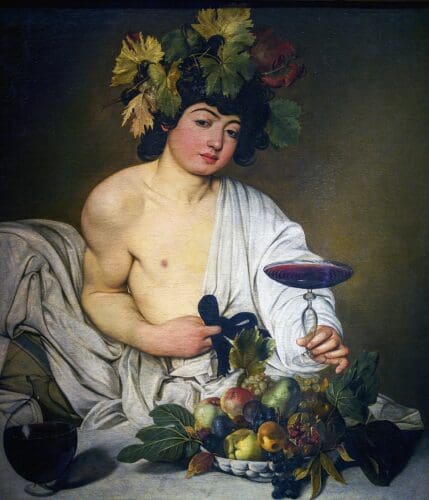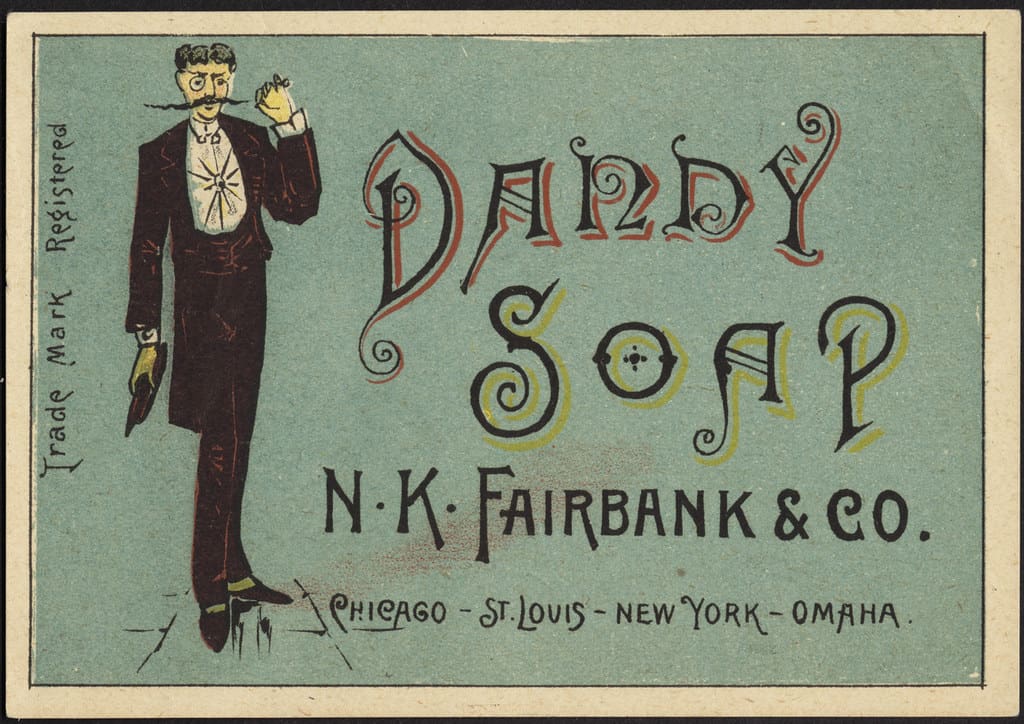
I have to admit it: I love my vices. I will say much more: I am ready to give up one of them to embrace a new vice!
For goodness’ sake, I also understand that the choice is very often forced, and in all those (unfortunate) cases, one can hardly point to a culprit of self-moralism!
Otherwise, as far as I am concerned, I allow no exceptions: a vice should be abolished only in function of a pleasure that incorporates it to itself, that inhales its aroma and makes itself the definitive bearer!
Then again, if Oscar Wilde said he could resist everything but temptation, I would add that, having to go one day to the grave, may those pleasures come with me that never paid for their comfort and allowed me to be myself in life.
These are true friends in good, wrong, and happy and sad times! Indeed, it is not that the crowd is ready to feast, but it shows a broken back when lifting some weight.
And so, if I have to, I can imagine an auction of vices, where the sought-after are repaid at the right price and morality (damn dull even when it’s correct) eavesdrops outside the door.
Because, I mean, let’s face it, it may be true that communal welfare has its payoff, but how hard is the life of the health worker condemned to live more and more after each new deprivation?
Biographical-literary note on Oscar Wilde and his extravagance
Oscar Wilde (1854 – 1900), known for his quirky personality and witty behavior, was a true icon of the extraordinary lifestyle. His extravagant choices in fashion, lifestyle, and art reflected his refined taste and a deliberate decision to live life to the fullest.
Wilde’s penchant for luxury and opulence was evident in every aspect of his life. From her meticulously tailored clothes to her richly decorated home, she embraced the good things in life without hesitation. He believed in surrounding himself with beauty and indulging in the pleasures that life had to offer.
His decision to live as a swell was a deliberate and conscious choice. Wilde saw it as a rebellion against the mundane and ordinary. Embodying the dandy lifestyle, he aimed to challenge societal norms and expectations, encouraging others to embrace their individuality and express themselves freely.

Wilde’s dandyism extended beyond mere appearance. He passionately supported the arts and believed art should be part of everyday life. His love for literature, theater, and music was undeniable, and he supported artists who pushed boundaries and challenged conventions.
Living as a dandy also meant embracing wit and humor as essential tools for social commentary. Wilde’s sharp wit and intelligent response made him a celebrated conversationalist and a master of satire. Through his writings and public appearances, he used humor to criticize the superficiality and hypocrisy of Victorian society.
In conclusion, Oscar Wilde’s decision to live as a dandy reflected his unapologetic pursuit of beauty, individuality, and pleasure. Her extravagance in her style and lifestyle challenged social norms and inspired others to embrace their identity. Wilde’s legacy is remarkable, and his contribution to the arts continues to fascinate and inspire future generations.
If you like this poetic prose, you can always donate to support my activity! One coffee is enough!

